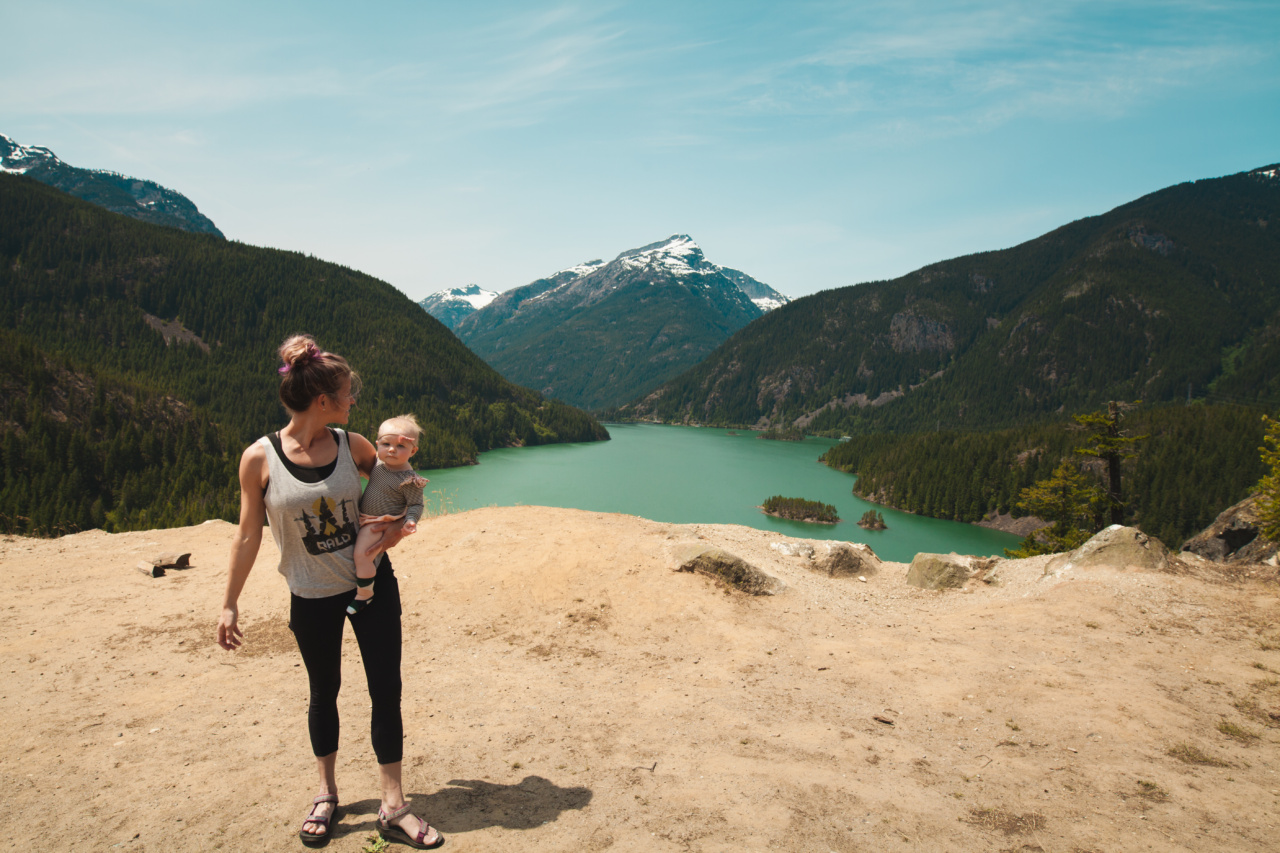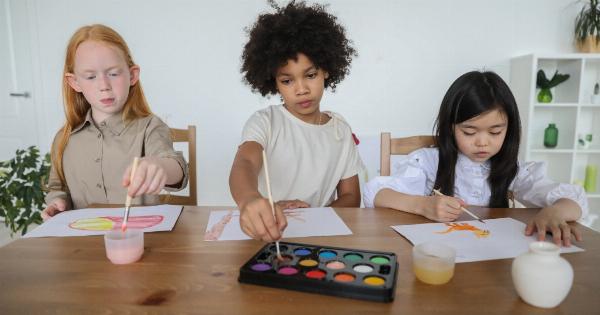As a parent, it can be heartbreaking to see your child suffering from eczema. This chronic skin condition is characterized by dry, itchy, and inflamed skin patches that can be extremely discomforting for children.
While there are various factors that contribute to the development of eczema, recent research suggests that hard water may play a significant role in exacerbating the condition in children.
What is Hard Water?
Hard water is water that contains high levels of minerals, particularly calcium and magnesium ions. These minerals are present in the water due to the water source passing through deposits of limestone, chalk, or gypsum.
While hard water is generally safe to drink and use for household purposes, it can have detrimental effects on the skin, particularly for children with eczema.
The Impact of Hard Water on the Skin
Hard water is known to strip the skin of its natural oils and disrupt the skin’s barrier function. This can lead to increased dryness, irritation, and inflammation, all of which are hallmarks of eczema.
The high mineral content in hard water can also leave a residue on the skin, further exacerbating the condition. Additionally, the minerals in hard water can interact with soap and other cleansing products, reducing their effectiveness and potentially causing further skin irritation.
The Link Between Hard Water and Eczema
Several studies have investigated the potential connection between hard water and eczema in children.
A study published in the Journal of Allergy and Clinical Immunology found that the prevalence of eczema was higher in areas with hard water compared to areas with soft water. The study also revealed that children who were exposed to hard water at home had a higher risk of developing eczema and experiencing more severe symptoms.
Another study published in the British Journal of Dermatology explored the effects of hard water on children with existing eczema.
The researchers found that when these children washed their hands with hard water, their skin barrier function was significantly disrupted compared to when they used soft water. This disruption in the skin barrier function can lead to increased water loss from the skin and further irritation.
The Role of Calcium and Magnesium
Calcium and magnesium, the main minerals present in hard water, have been identified as potential triggers for eczema. These minerals have been found to irritate the skin and activate certain immune responses that can worsen eczema symptoms.
Additionally, calcium has been shown to interfere with the production of skin proteins that are essential for maintaining a healthy skin barrier.
Protecting Children with Eczema from Hard Water
While it may not be feasible for every family to completely avoid hard water, there are steps that can be taken to mitigate its impact on children with eczema:.
- Installing a water softener: A water softener is a device that removes or neutralizes mineral ions in the water, making it softer. This can help reduce the negative effects of hard water on the skin.
- Using a moisturizer: Regularly applying a moisturizer specifically formulated for eczema-prone skin can help hydrate and protect the skin barrier, minimizing the impact of hard water.
- Limiting exposure: Minimizing the time spent in direct contact with hard water can be beneficial for children with eczema. For example, opting for shorter showers instead of baths and using gentle cleansers that are less likely to react with the minerals in hard water.
- Filtering showerheads: Installing a showerhead filter can help remove some of the minerals present in hard water, reducing their potential impact on the skin.
Conclusion
While further research is still needed to fully understand the connection between hard water and eczema in children, the existing studies suggest a significant link.
By being aware of the potential impact of hard water and taking the necessary steps to mitigate its effects, parents can better manage their child’s eczema and provide them with relief from this uncomfortable condition.





























